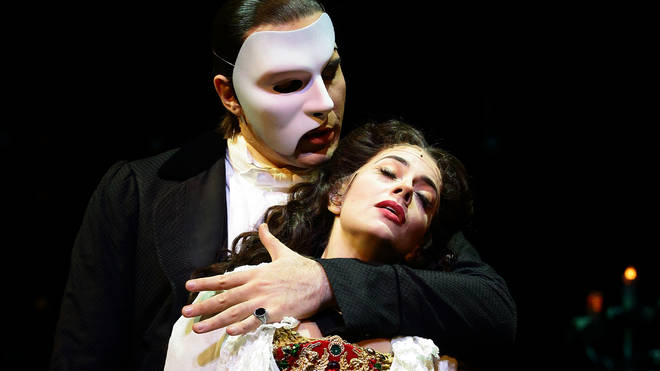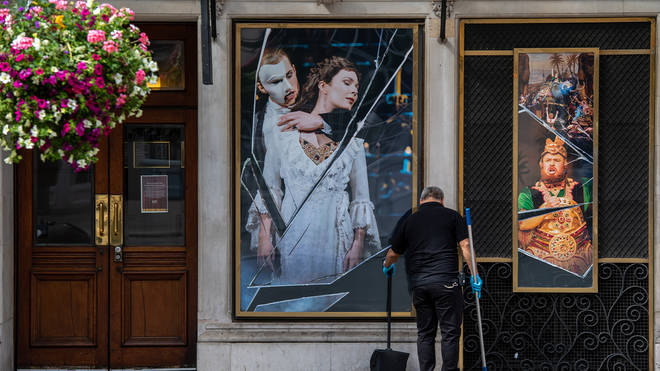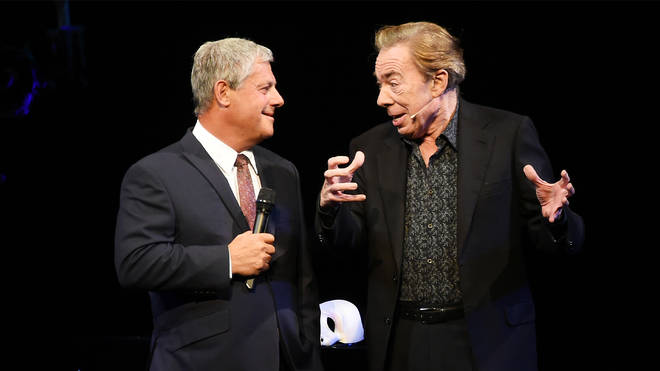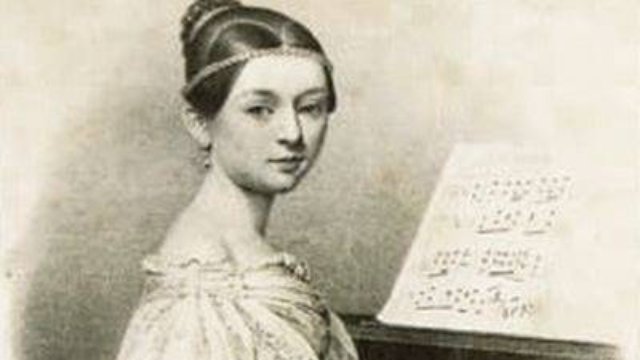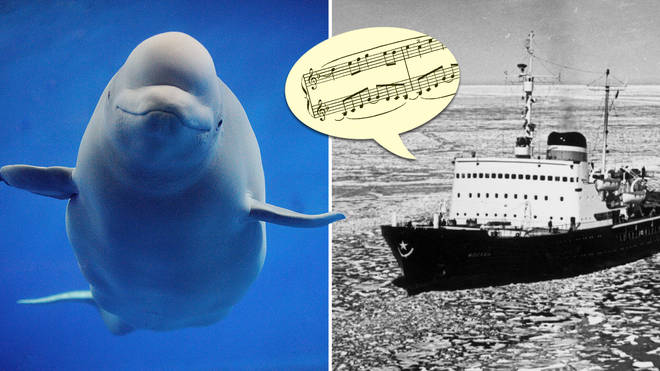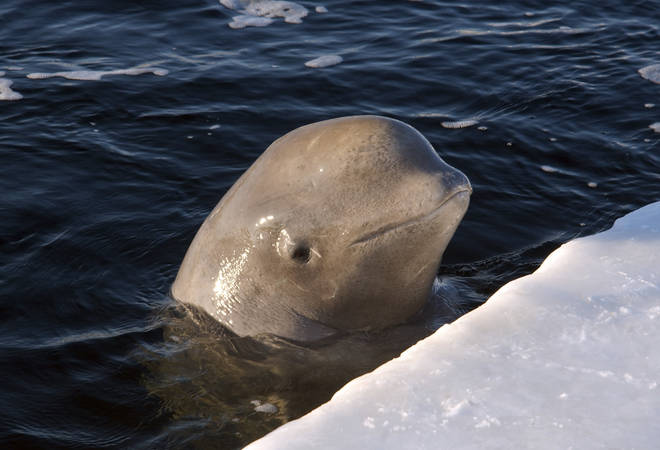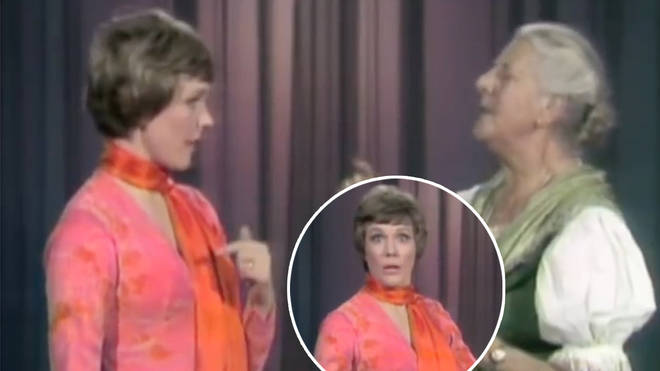
How do you solve a problem like Maria? Well, how about a yodelling lesson, for starters…
In 1965, yodelled her way into all our hearts with her portrayal of Maria Von Trapp, governess to the seven in The Sound of Music.
And it turns out, Andrews really got to meet the real Maria Von Trapp whose family’s story – somewhat loosely – inspired the hit film.
In one scene, Maria helps the children put on a puppet show, and sings along to ‘The Lonely Goatherd’ (that’s the one that goes ‘High on a hill was a lonely goatherd, lay ee odl lay ee odl lay hee hoo’) as they perform.
But according to real-life Maria, well, “There is yodelling, and then there’s… yodelling.”
During an episode of The Julie Andrews Hour, a television variety series which ran for one season in 1972, the two Marias appeared on stage together to act out a yodelling skit.
In typical Julie Andrews style, she opened the dialogue with a classy, comic line: “You know I played you in the picture and you are you, and I am me, and since you are you and I was you, and since you’re here, and I’m here, and I was you, um…”
“What do you want to know?” real-life Maria prods her.
“I want to know… how was I?” Andrews smiles.
“You were absolutely wonderful,” Maria replies. “But,” she adds, Andrews’ yodelling could do with a little work.
Von Trapp offers to teach Andrews a “genuine Austrian yodel”, first demonstrating the melody that Andrews should sing underneath Von Trapp’s yodelling descant (watch above).
Once Andrews has got the two phrases nailed, Von Trapp bursts into a virtuosic display of yodelling, eager to show the world the real singing tradition of her home country, not the one portrayed in Hollywood.
For years, alpine yodelling was a rural tradition in Switzerland, Austria and southern Germany, but in the 1830s it also became a popular sound in theatres and music halls.
In real life, Maria Von Trapp joined the Von Trapp family as a tutor for just one of the ten children, who was recovering from scarlet fever. She married Georg, their father (played by in the film) a year later, in 1927.
The family, and all its 12 singing members, emigrated to the US when the Second World War hit, to escape the Nazi regime in Austria. There, they became well known as the ‘Trapp Family Singers’. And in the 21st-century, the Von Trapps are still going – here’s four of Maria and Georg’s great-grandchildren, singing a breathtaking ‘Edelweiss’:


